Search
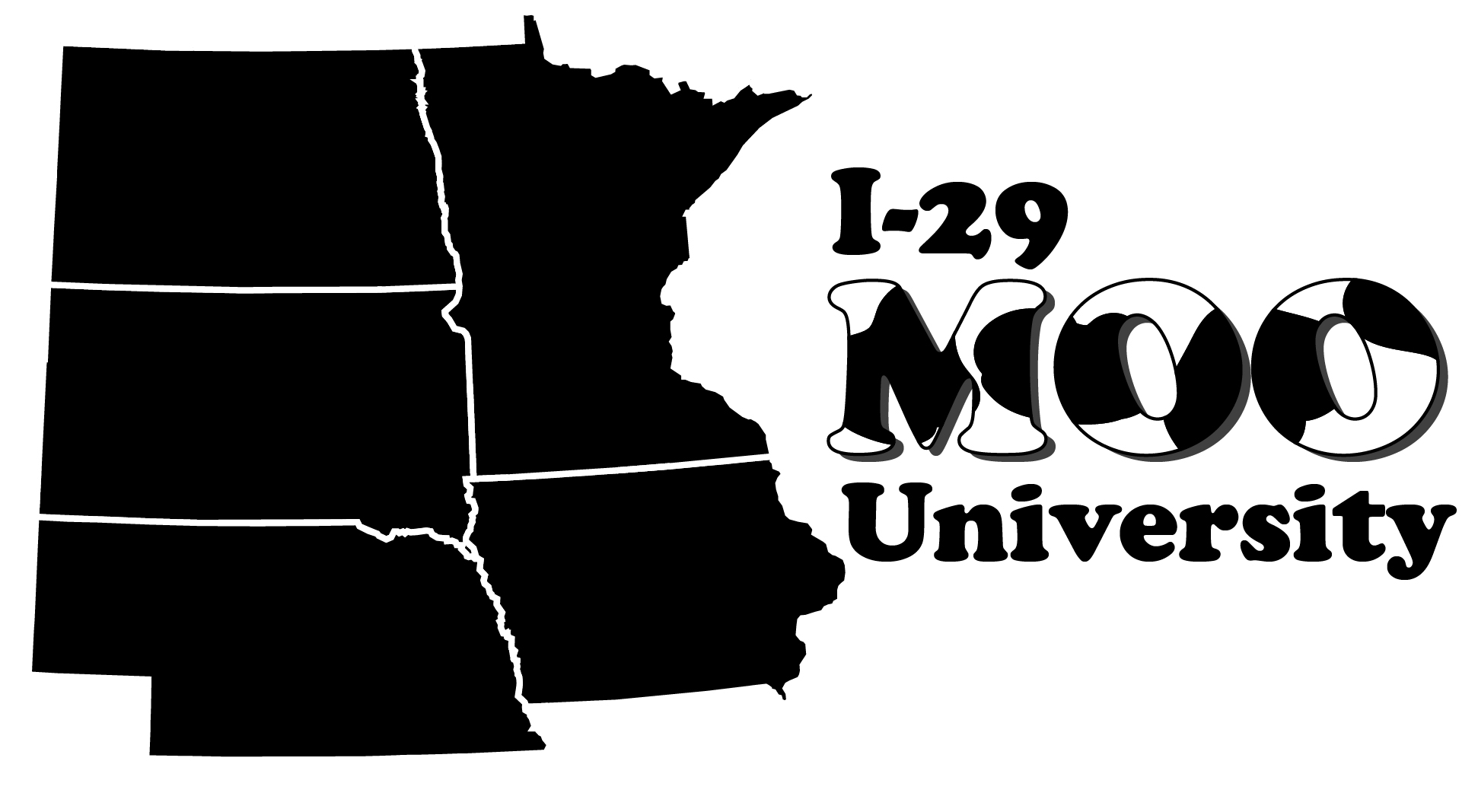
I-29 Moo University Dairy Beef Short Course to be Held Online March 24 Due to COVID-19
October 15, 2021
The I-29 Moo University Collaboration will host the annual Dairy Beef Short Course online on March 24.
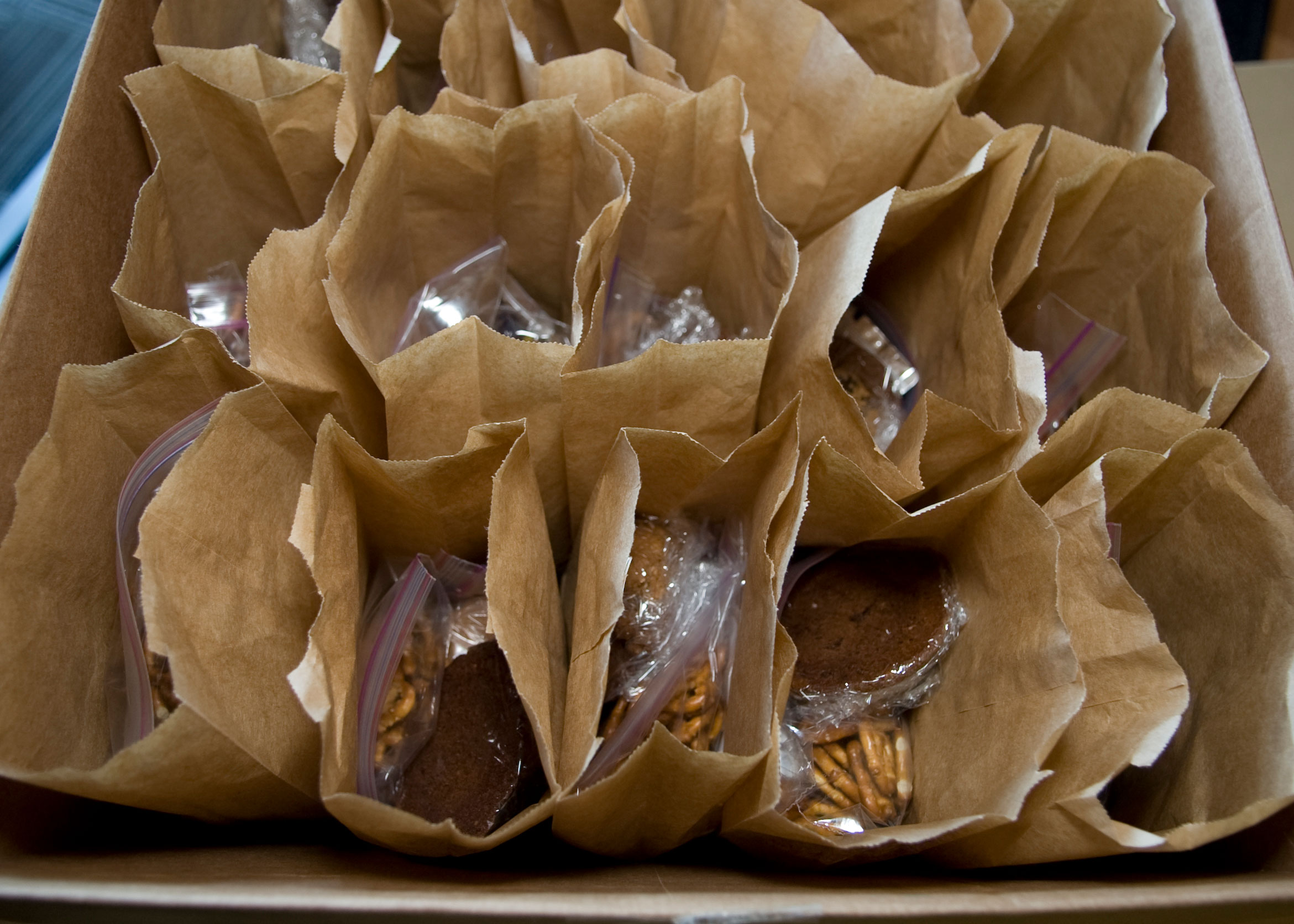
Food Resources in Your Community: Schools and Organizations Mobilize to Provide Food as a Response to COVID-19
The USDA has approved the serving of food in South Dakota at school sites and non-congregate settings while public schools remain closed during the COVID-19 outbreak. Different communities throughout the state are using programs to provide meals to kids that may not have access to food while school is closed.
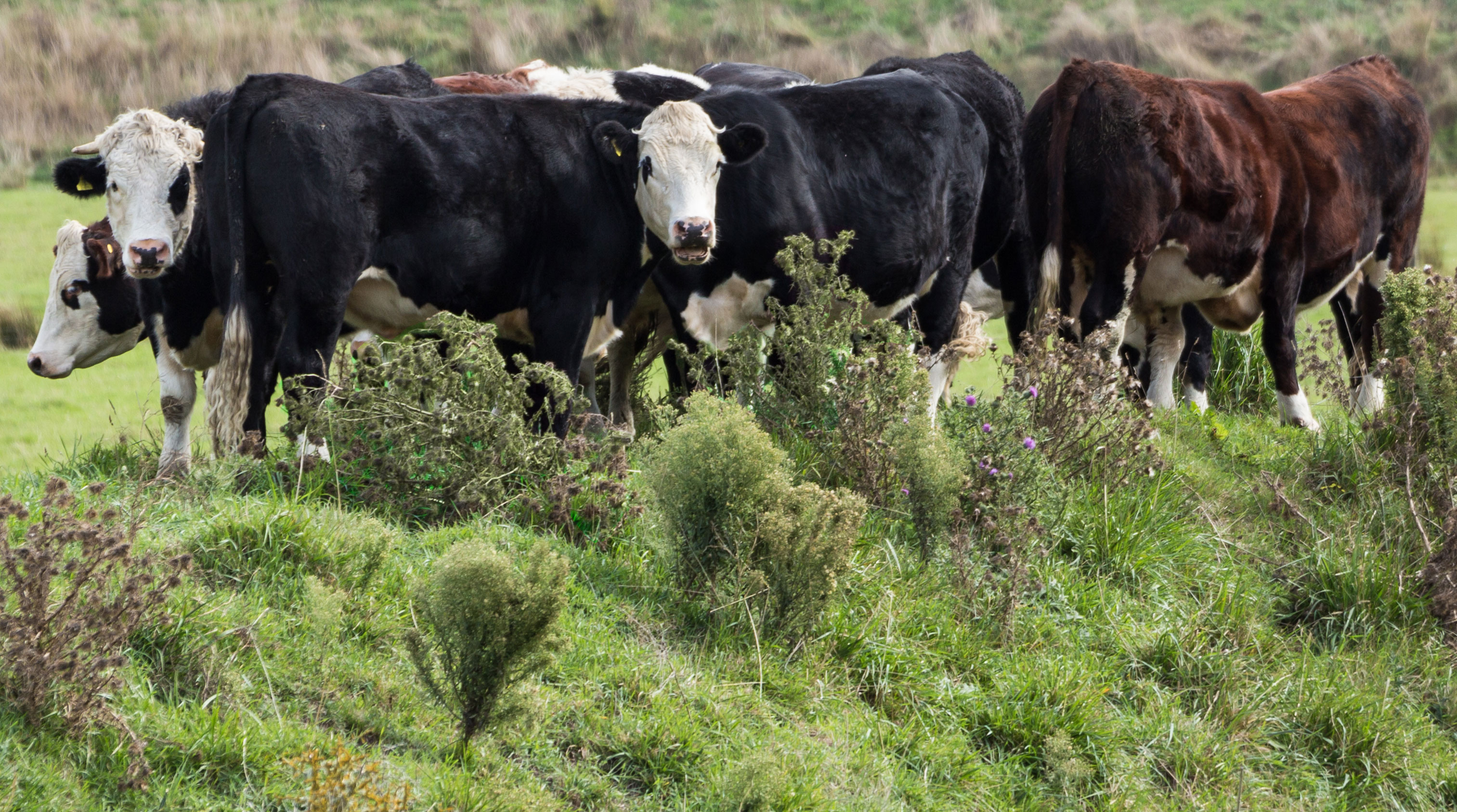
Alternative Pasture Weed Control
The term ‘weed’ can be broadly applied to any plant that is undesirable at any given time and place based on certain criteria. It is important to understand that the word ‘weed’ has become a general term with no universal definition, and many plants are considered to be weeds, depending on location.
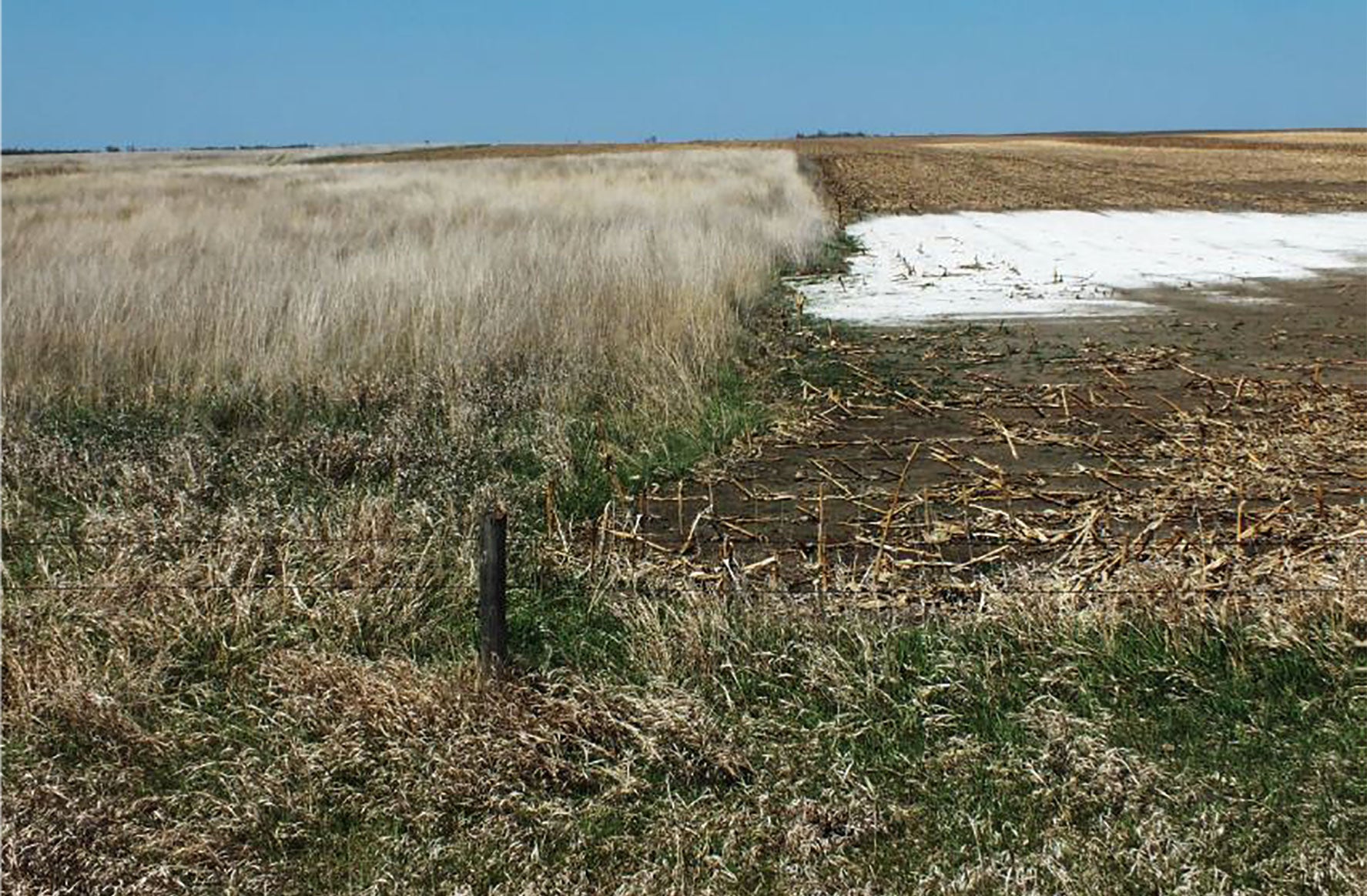
Managing Weeds While Transforming Marginal Land Into Perennial Forages Production
There are currently millions acres across South Dakota impacted by saline and sodic conditions. Research has shown that salt-tolerant perennial grasses are a possible way to bring land back into production.
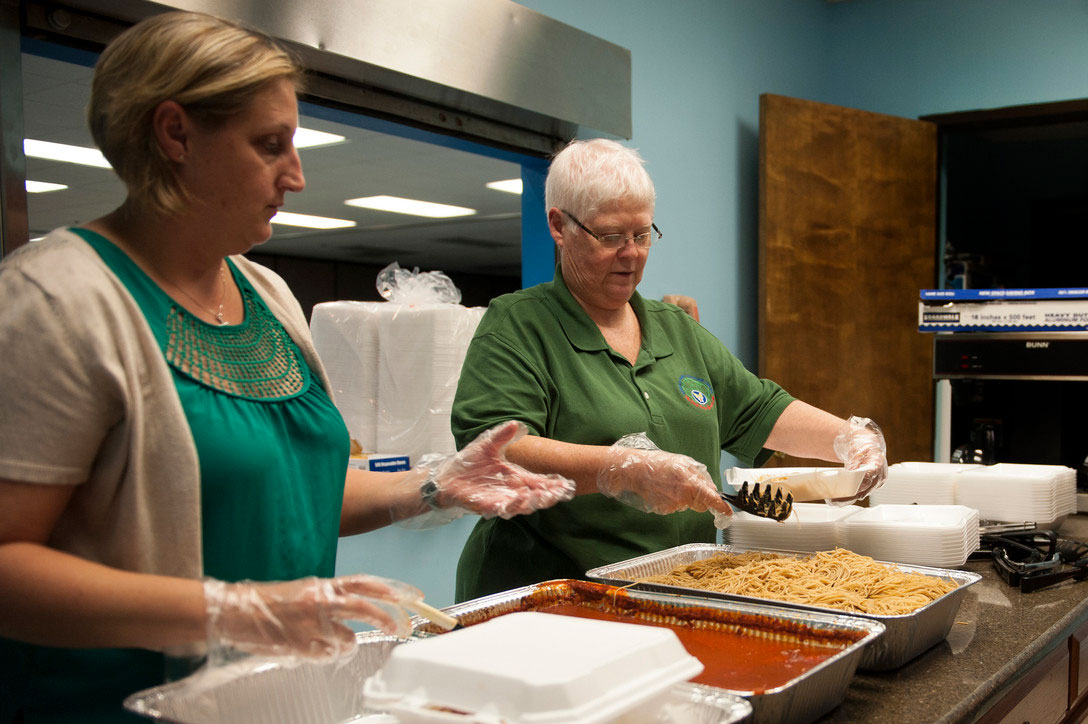
Creative Ways to Serve Community Meals
At a time when we all need to use caution with human contact, the ideas of human fellowship remains important to our mental health. People are getting creative with ideas of serving their rural communities in new ways.

Cash Flow is Critical
Strong business management skills and systems do not go out of style in times of uncertainty. These skills will help the business work through downturns in commodity prices. Cash flow budget accuracy is critical in developing and controlling the business.
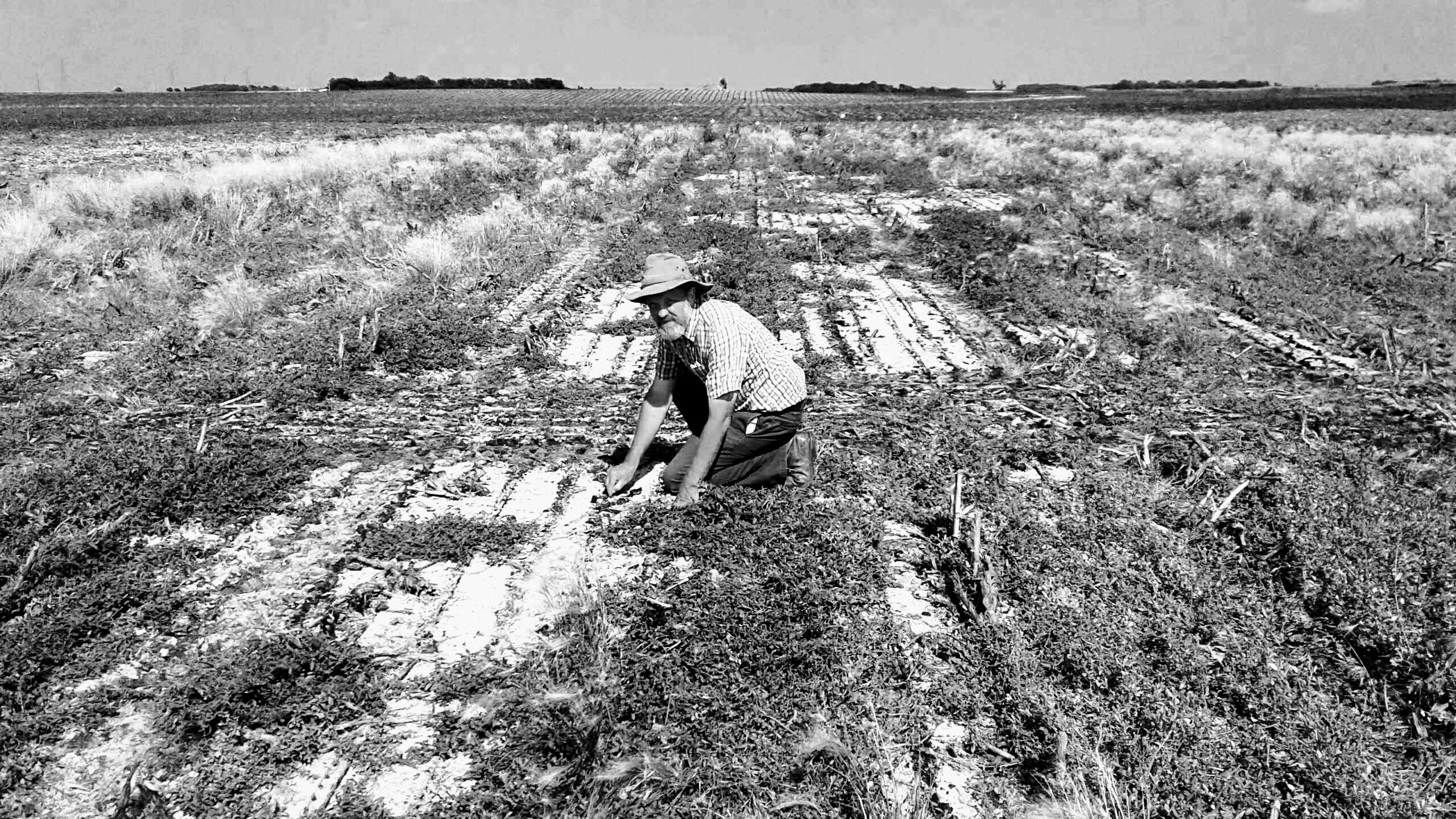
Perennial Solutions for Alkali Areas
Reclaiming marginal lands, especially those considered saline or sodic can be very challenging and may take many years to accomplish. The key to turning around salt or alkali areas in your fields, begins with getting a living root established in the affected area.
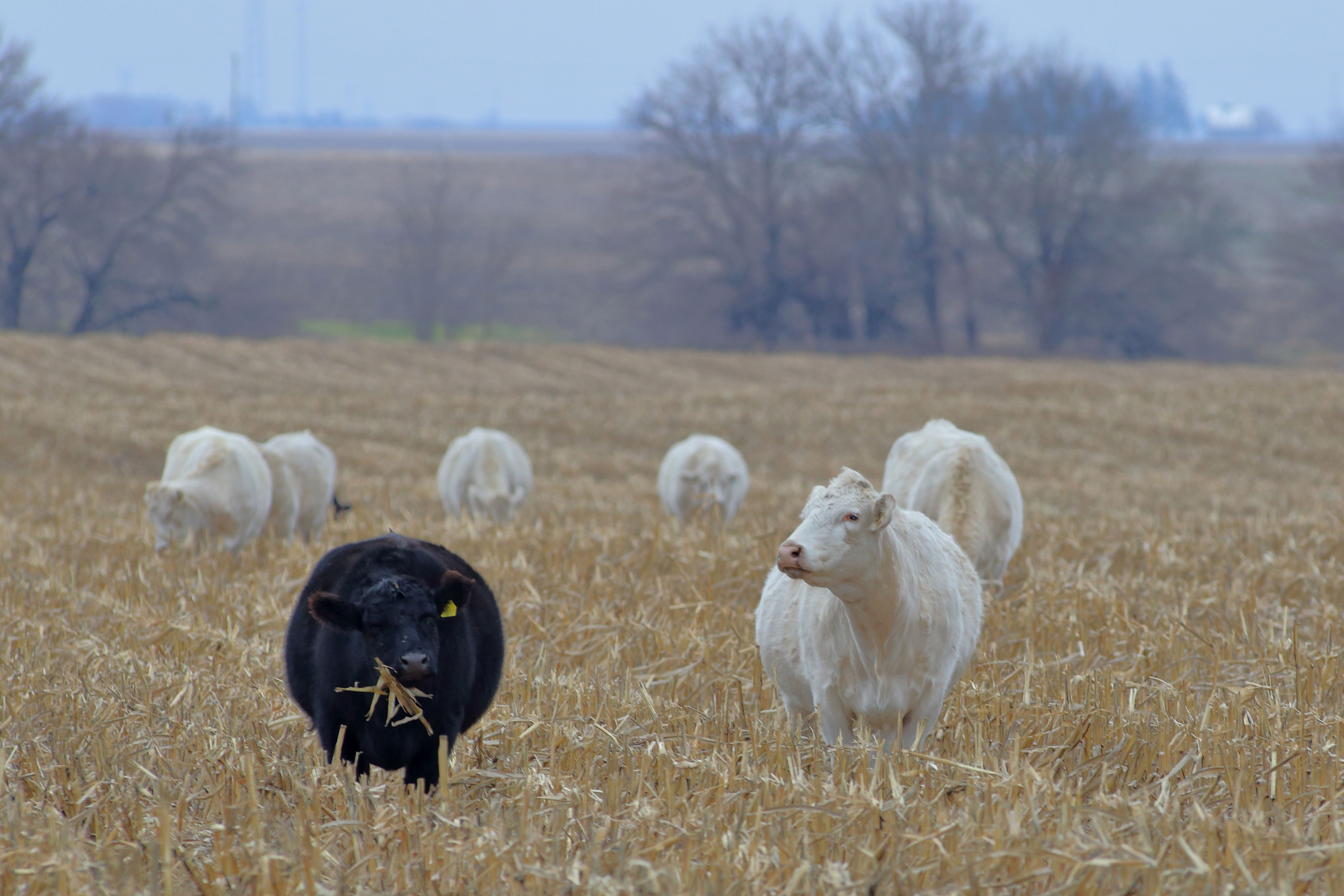
Farm Practices That Improve Soil Health: Integrated Crop-Livestock Systems
An integrated crop-livestock system can provide an alternative management strategy that benefits producer’s income, soil health, and the environment—all while increasing production.

Farm Practices That Improve Soil Health: Cover Crops and Crop Residues
Planting cover crops and returning crop residues (stover) to the soil both adds nutrients and improves overall soil quality. These practices are common with producers across South Dakota and have been recently studied by researchers to identify how they impact the release of greenhouse gases into the atmosphere.
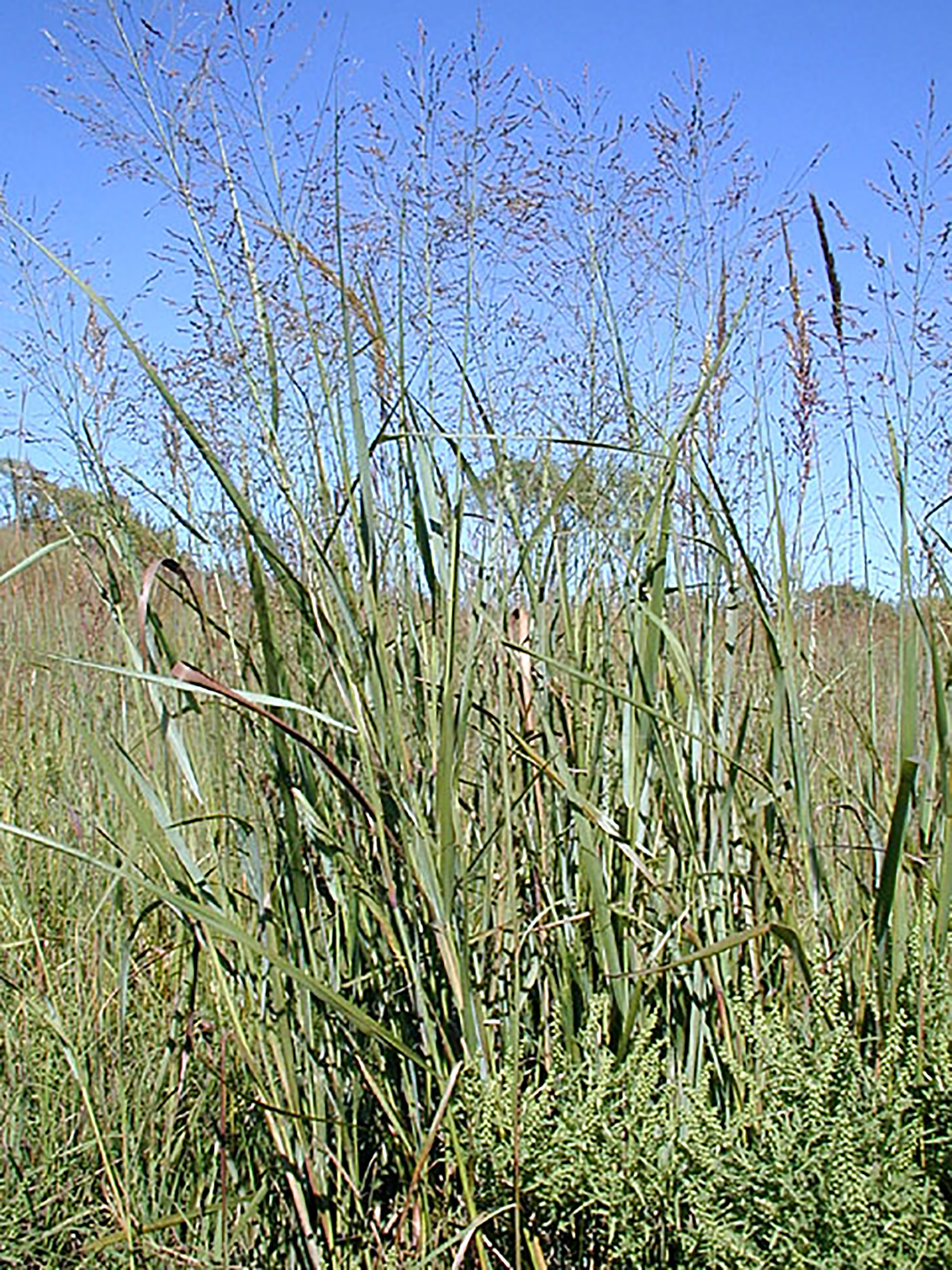
Farm Practices That Improve Soil Health: Planting Switchgrass on Marginal Lands
Switchgrass (Panicum virgatum) is a tall, native, prairie grass that is often seeded on marginal lands in South Dakota. It has gained growing popularity over the past decade not only as a source of biofuel and feed, but also as a method to improve soil properties.